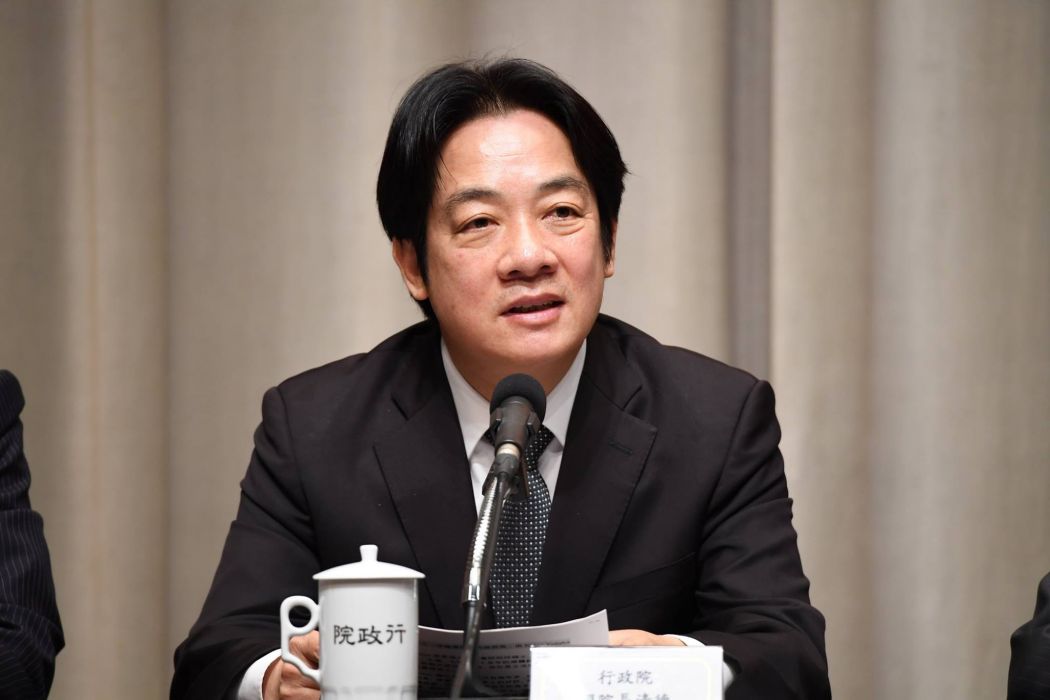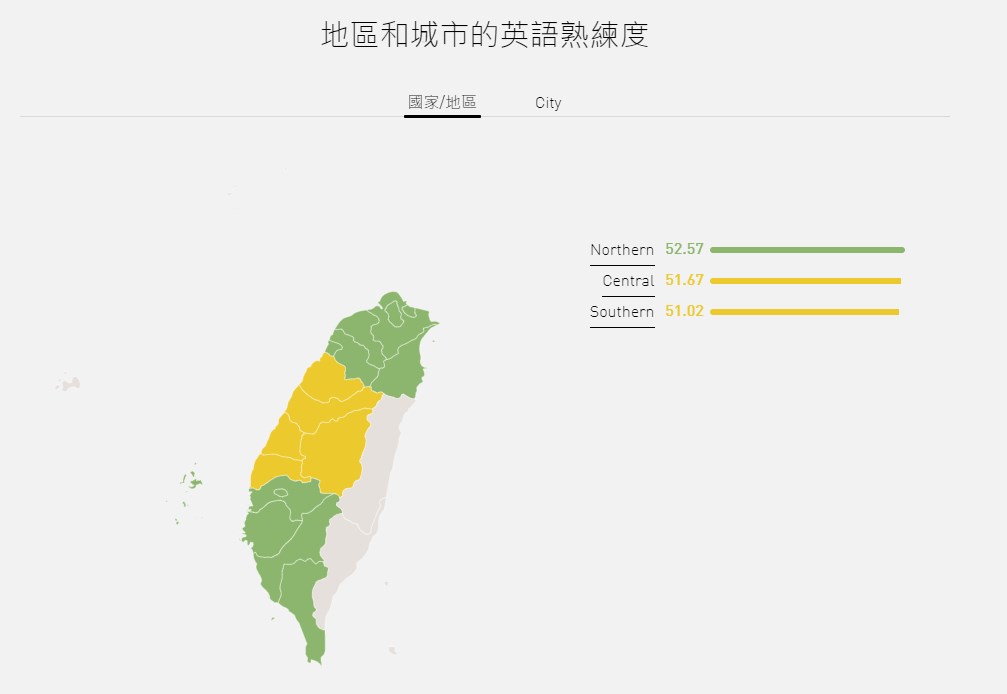Taiwan is to make English an official language next year, Premier William Lai announced on Monday. The Ministry of Education has been discussing the proposal since last October.
The move aims to improve English language proficiency and help Taiwanese people pursue opportunities abroad, Lai said in an interview with United Daily News. It includes establishing bilingual schools across the country, with English being taught to pupils from an early age.

Lai said that the initiative plans to make Taiwan – officially known as the Republic of China – a “bilingual country.” However, the island nation already hosts several languages, including Taiwanese Hokkien, Hakka and other Austronesian languages.
According to a 2010 government census, the percentage of Taiwanese people who speak Mandarin at home beat Taiwanese Hokkien by a 1.6 per cent margin, while 6.6 per cent spoke Hakka, 1.4 per cent spoke indigenous or Formosan languages, and two per cent spoke other languages.

Last year, the island passed the Indigenous Languages Development Act giving national status to indigenous languages: “[I]n order to ‘achieve historical justice, further preserve and promote the indigenous languages, and guarantee that the languages are used and passed down…’,” the government said.
Additionally, the Development Act of National Languages seeks to preserve and promote national languages in Taiwanese schools, and is currently being reviewed by the government.
Lai was previously the mayor of Tainan City and implemented an initiative to promote English as a second language in the southern municipality.
‘International competitiveness’
Taiwan currently has a low level of global English language proficiency, ranking 40th out of 80 non-English language speaking countries, according to the EF English Proficiency Index.
Lai previously told local media that the initiative aims to boost Taiwan’s global presence: “Culture is our root, and the English language is our tool – or see it as our foot, if you will. Given that language is the primary tool of communication, a lack of English proficiency hampers one from gaining an advantageous position in international competitiveness,” he said.

Taiwan has lost three diplomatic allies this year – the Dominican Republic in May, followed by Burkina Faso, and El Salvador earlier this month.
A threat to national identity
But critics argue that the move threatens the country’s national identity. An editorial in English-language newspaper Taipei Times said: “International competitiveness is important, but native identity, culture and heritage are also essential to the dignity of a person and a nation — especially one that only a few decades ago freed itself from the shackles of cultural imperialism and authoritarian rule.”
Under the country’s martial law from 1949 to 87, the ruling Kuomintang party prohibited the use of indigenous languages and ordered that Mandarin was to be the island’s national language.

Next month, the Ministry of Education will outline its recommendations for adopting English as an official language in an official report to Lai.
